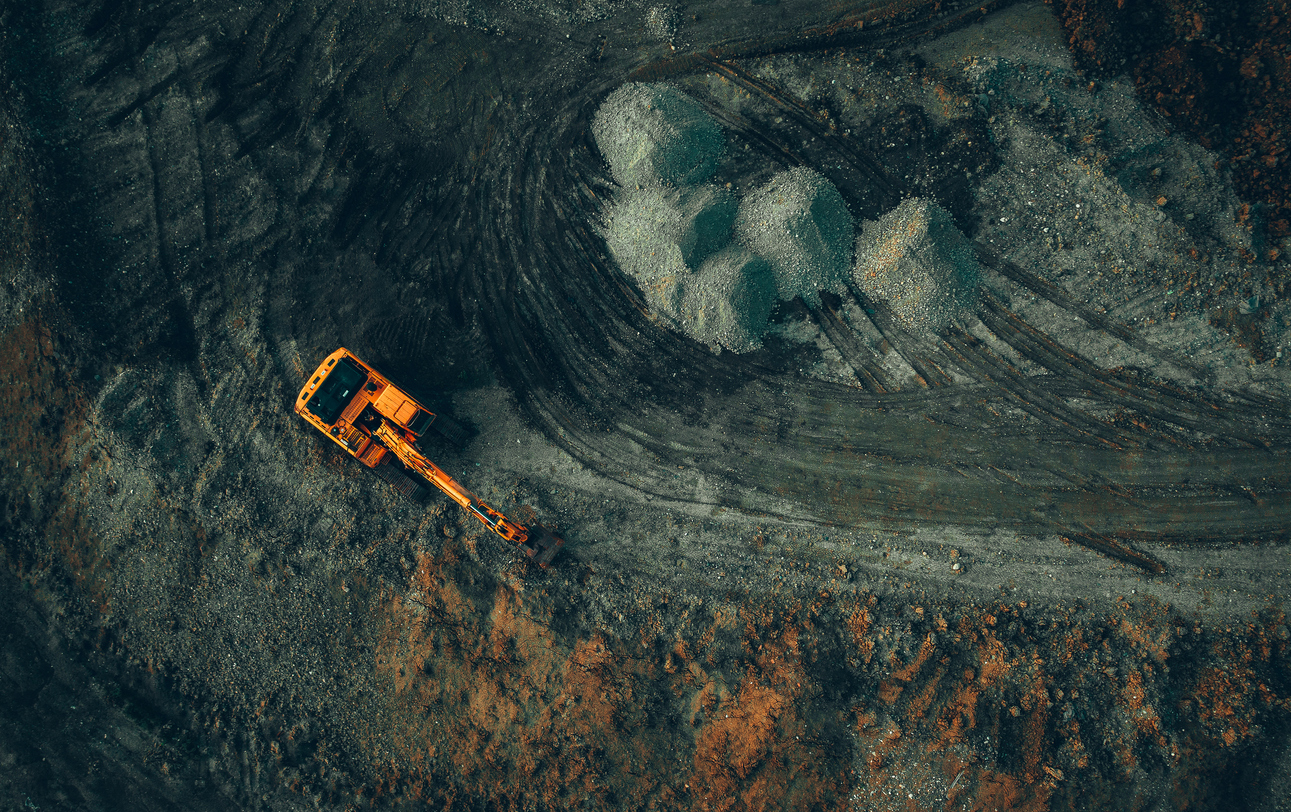Planned production of the commodity group raised to 240,000 tons.
China has doubled its quota for rare earth mining this year to a record high of 240,000 tons. That was reported Monday by Reuters news agency, among others, citing government data.
Overall, the mining quota for this year rose 14 percent from 2022, including the 120,000 metric tons issued in March (we reported). The quota for further processing of critical raw materials was also raised by 14 percent.
In the recent past, analysts saw China’s growing domestic demand for rare earths, especially for electric vehicles and wind turbines, as the main motive for the increase of production quotas. However, the People’s Republic’s demand for electric cars has recently weakened. A role, on the other hand, may be played by China’s rare earth exports, which have risen to a record level in recent months. This was boosted by the recently introduced export restrictions by China for the technology metals gallium and germanium. According to analysts, there are concerns in the market that the export restrictions could be extended to rare earths (we reported).
The increase in quotas is necessary to meet growing global demand, the consulting firm Adamas Intelligence writes, especially in light of the situation in neighboring Myanmar, where mining operations are currently suspended due to inspections. China mainly imports heavy rare earths such as terbium and dysprosium from there for subsequent processing. In the People’s Republic itself, these resources are in scarce supply, according to Adamas. This is also indicated by the fact that the production quotas for heavy rare earths have remained unchanged for years.
Photo: iStock/jasonbennee


